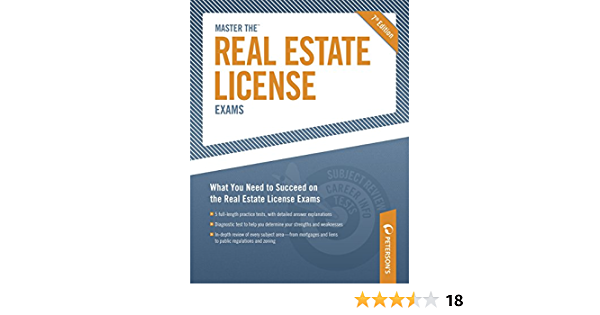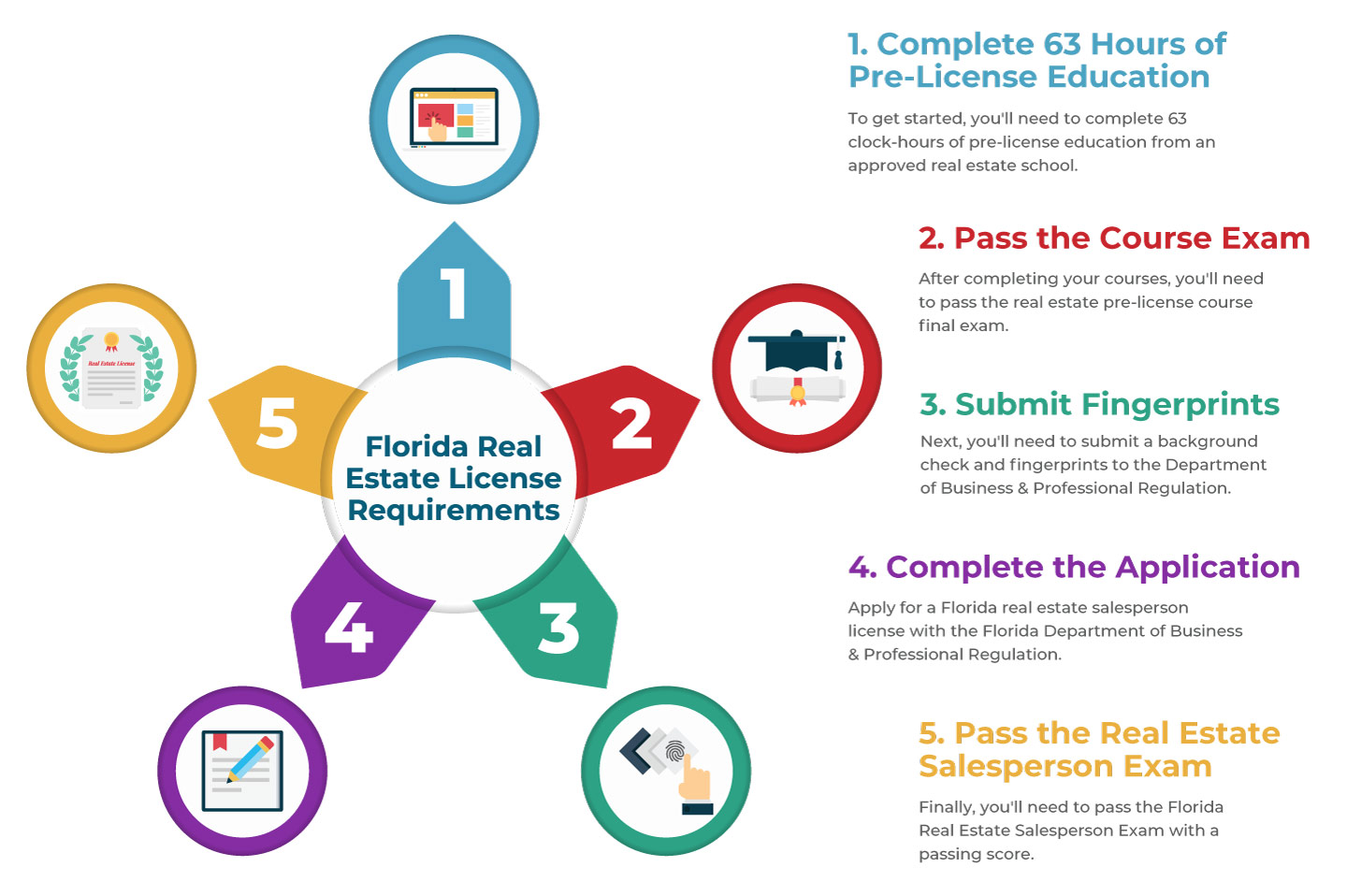
You can earn passive income through real estate in many ways. There are several ways to make passive income from real property. These include house flipping, REITs, Peer-to peer lending, and renting property. This article will explain the basics and how to make passive income with real estate. These tips will help you make your investment successful if you don't have the funds. Continue reading to discover more about passive income through real estate. Only a few steps will get you to your real estate goals.
Renting properties
Renting out properties is a good way to make passive income from real property. You should choose the right tenants, but there are some things you can do to make sure you get the best income. In addition to screening prospective tenants thoroughly, you should also make sure to keep an eye out for vacancies. You may lose money, end up having to go through a lengthy process of eviction, or even be sued if you do not screen potential tenants.

House flipping
Many sources can provide passive income through house flipping. To generate income, fixer-uppers and foreclosure properties can be flipped. These properties can be rented out as turnkey rentals, or fully renovated homes that are fully rented. The property can be rented and managed by the new owners. House flipping is a popular, lucrative way to earn passive income. It is easy with the help of technology.
Peer-to-peer lending
Passive income investment options can vary when it is about investing in real estate. Single-family homes, for example, can be hands-off, while apartment buildings are typically more involved. Other than the rent, you'll need to cover property management, insurance, and oversee the maintenance of the units. Storage facility investments can also be a passive source of income. Demand for these properties is high in virtually every populated region in the United States, and you can generate passive income by leasing out your spaces to tenants.
REITs
For the average investor, passive income from real estate REITs is a great way to diversify their portfolios. These securities have low investment costs, with a unit costing as little as $500. However, if you are looking to earn income from real estate, these REITs must give at least 90% of their taxable income back to shareholders. This leaves less money to reinvest. In this article, we'll examine why passive income from real estate REITs is a great way to do so.

Storage facilities
You can make passive income year round by owning a self-service storage unit. Although some areas are seasonal like Quebec, there is a constant demand for space. Depending on the location, you can expect to have a mix of different customers all year round. Below are some ideas for revenue-generating storage facility ideas. Some of these ideas take a lot more work than others, but can provide steady extra income.
FAQ
How much will my home cost?
This varies greatly based on several factors, such as the condition of your home and the amount of time it has been on the market. Zillow.com says that the average selling cost for a US house is $203,000 This
Should I rent or buy a condominium?
Renting may be a better option if you only plan to stay in your condo a few months. Renting can help you avoid monthly maintenance fees. You can also buy a condo to own the unit. You are free to make use of the space as you wish.
How long does it take to get a mortgage approved?
It depends on many factors like credit score, income, type of loan, etc. It usually takes between 30 and 60 days to get approved for a mortgage.
Can I purchase a house with no down payment?
Yes! Yes. These programs include government-backed mortgages (FHA), VA loans and USDA loans. Visit our website for more information.
Statistics
- Over the past year, mortgage rates have hovered between 3.9 and 4.5 percent—a less significant increase. (fortunebuilders.com)
- This means that all of your housing-related expenses each month do not exceed 43% of your monthly income. (fortunebuilders.com)
- The FHA sets its desirable debt-to-income ratio at 43%. (fortunebuilders.com)
- Based on your credit scores and other financial details, your lender offers you a 3.5% interest rate on loan. (investopedia.com)
- This seems to be a more popular trend as the U.S. Census Bureau reports the homeownership rate was around 65% last year. (fortunebuilders.com)
External Links
How To
How to buy a mobile home
Mobile homes are houses constructed on wheels and towed behind a vehicle. They were first used by soldiers after they lost their homes during World War II. People today also choose to live outside the city with mobile homes. These homes are available in many sizes and styles. Some houses have small footprints, while others can house multiple families. You can even find some that are just for pets!
There are two types main mobile homes. The first type is produced in factories and assembled by workers piece by piece. This happens before the product can be delivered to the customer. Another option is to build your own mobile home yourself. It is up to you to decide the size and whether or not it will have electricity, plumbing, or a stove. Then, you'll need to ensure that you have all the materials needed to construct the house. To build your new home, you will need permits.
If you plan to purchase a mobile home, there are three things you should keep in mind. You may prefer a larger floor space as you won't always have access garage. A model with more living space might be a better choice if you intend to move into your new home right away. Third, make sure to inspect the trailer. You could have problems down the road if you damage any parts of the frame.
Before you decide to buy a mobile-home, it is important that you know what your budget is. It's important to compare prices among various manufacturers and models. It is important to inspect the condition of trailers. While many dealers offer financing options for their customers, the interest rates charged by lenders can vary widely depending on which lender they are.
An alternative to buying a mobile residence is renting one. Renting allows you the opportunity to test drive a model before making a purchase. Renting isn’t cheap. Renters typically pay $300 per month.